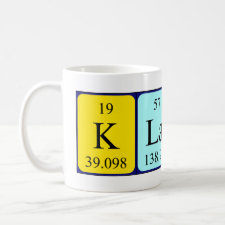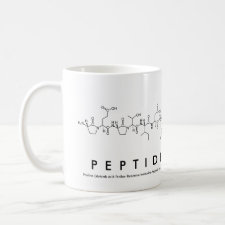
Authors: Kempe M, Fischer L, Mosbach K
Article Title: Chiral separation using molecularly imprinted heteroatomic polymers.
Publication date: 1993
Journal: Journal of Molecular Recognition
Volume: 6
Issue: (1)
Page numbers: 25-29.
DOI: 10.1002/jmr.300060103
Abstract: Novel molecularly imprinted polymer systems utilizing 4-vinylpyridine and 1-vinylimadazole as functional monomers have been developed for enantioselective recognition of carboxylic and N-protected amino acids. Non-covalent interactions between the functional monomers and the template molecules were the source of the subsequent recognition sites in the resultant polymers. The capacity of the polymers for molecular recognition was investigated by using them as stationary phases in the HPLC mode. Polymers prepared with 4-vinylpyridine were found to be more efficient in racemic resolution than those prepared with 1-vinylimadazole. When applying a racemic mixture of the template molecule, the polymers showed highest affinity for the enantiomer used as template. Imprints of a racemic template molecule, as expected, did not exhibit enantioselectivity. The optimal molar ratio of 4-vinylpyridine to the template Cbz-L-Asp-OH in the polymerization mixture was determined to be 12:1. In addition to enantioselectivity, the investigated polymers demonstrated "ligand selectivity", e.g., a Cbz-L-Asp-OH-imprinted polymer was able to separate Cbz-D,L-Asp-OH, but was unable to separate Cbz-D,L-Glu-OH



Join the Society for Molecular Imprinting

New items RSS feed
Sign-up for e-mail updates:
Choose between receiving an occasional newsletter or more frequent e-mail alerts.
Click here to go to the sign-up page.
Is your name elemental or peptidic? Enter your name and find out by clicking either of the buttons below!
Other products you may like:
 MIPdatabase
MIPdatabase









